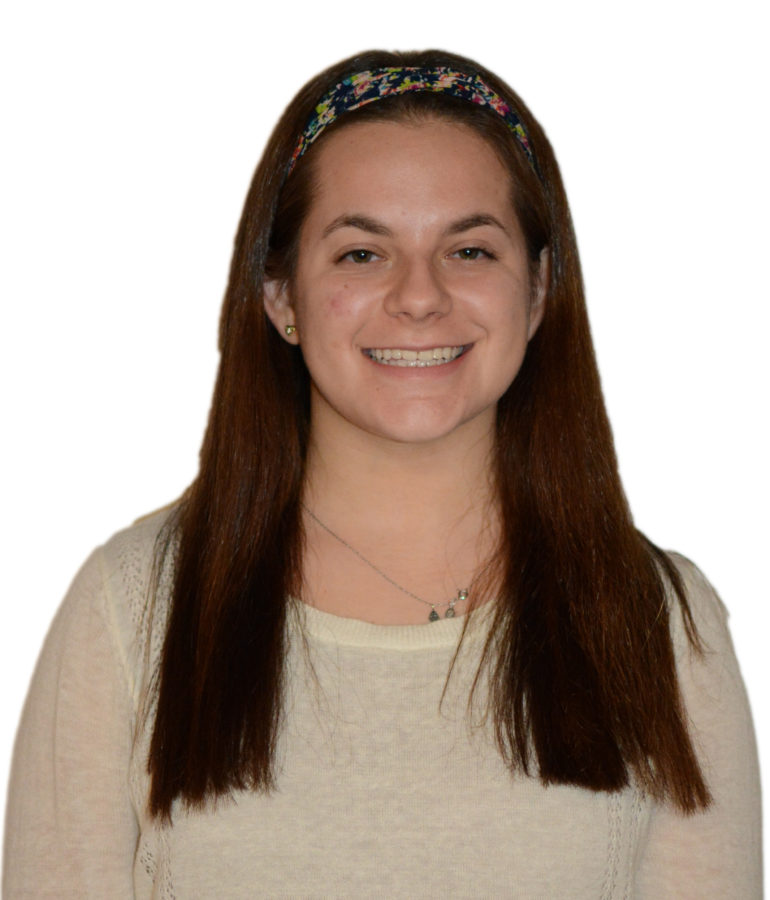The past and future of online communication
Mar 9, 2016
Raymond Tomlinson passed away Saturday. chIf you’re anything like me, that news probably didn’t mean anything to you when you first read it on Facebook’s list of trends.
In 1971, Tomlinson sent the first person-to-person email on a system called ARPANET, a U.S. government system that functioned similarly to the Internet. Tomlinson has said in interviews that he doesn’t recall the first message he sent using this invention; however, once he understood that his creation worked, he sent a message explaining how others could use the system, as well. He was also the one who decided to use the “@” sign to indicate to which server a message was being delivered separate from who was sending it.ch
Tomlinson was inducted to the Internet Hall of Fame in 2012. When he spoke at the ceremony, he said that people often inquired of him if he was aware what he was doing when he created this system of communication. “Yeah, I knew exactly what I was doing. I just had no notion whatsoever about what the ultimate impact would be,” Tomlinson said.ch
When I stopped to think of the impact email has had on my life, I thought of activities in which many of us have partaken, and images many of us have seen.
There are icebreaker prompts where people share their first (probably embarrassing) screen names, and everyone in the room can relate. There are memes and tweets with messages encouraging prospective parents to register a username for a newborn child at birth so that all the usernames would not be taken when the child was ready for an email account.
Get The Daily Illini in your inbox!
Think about how many moments in your life have taken place through email: those endless chain emails sent when we were younger, group project correspondences, college admissions letters, job interview requests and so much more. Could you imagine not having had these moments? Or perhaps having them through a less convenient form of communication?
When Tomlinson said he didn’t understand the ultimate impact of his creation, I wonder if he meant all the positive impacts, or if he meant all the negative impacts.
We, the millennial generation, are constantly accused of not knowing how to communicate properly. We’re accused of misusing our world’s interconnectivity, whether it’s spending our lives behind screens or avoiding in-person conversations. There are certainly negatives to global communication, as our grandparents tell us every time they see us.
But we can also use our modern communication for good. We can use our connectivity to inspire change around the world. We can speak to whomever we want, whenever we want. We can support each other in times of need, and celebrate together in times of joy.
When Tomlinson created email, there was no way for him to know the future impact of his creation. He could not foresee how in the following decades our world would become unimaginably interconnected. He could not have imagined the Internet hashtag campaigns that have literally brought people from around the world together.
He could not have imagined that every country’s leader would be able to address the entire world in 140 characters and anyone who wanted to could respond. He could not have imagined people would make careers out of vlogging their lives and showing shopping hauls. There was no way for him to have known any of this, yet it is in part thanks to him that this all exists.
Of course, there are times we should take a step back. Our entire lives don’t need to be online communicating with each other through the use of the “@” symbol. But this choice is ours, and it is ours thanks to Raymond Tomlinson.
He may not have been able to foresee the impact of his creation, but when I look at the people in our generation, I am confident it will be used for so much good.
Hayley is a freshman in ACES.?






